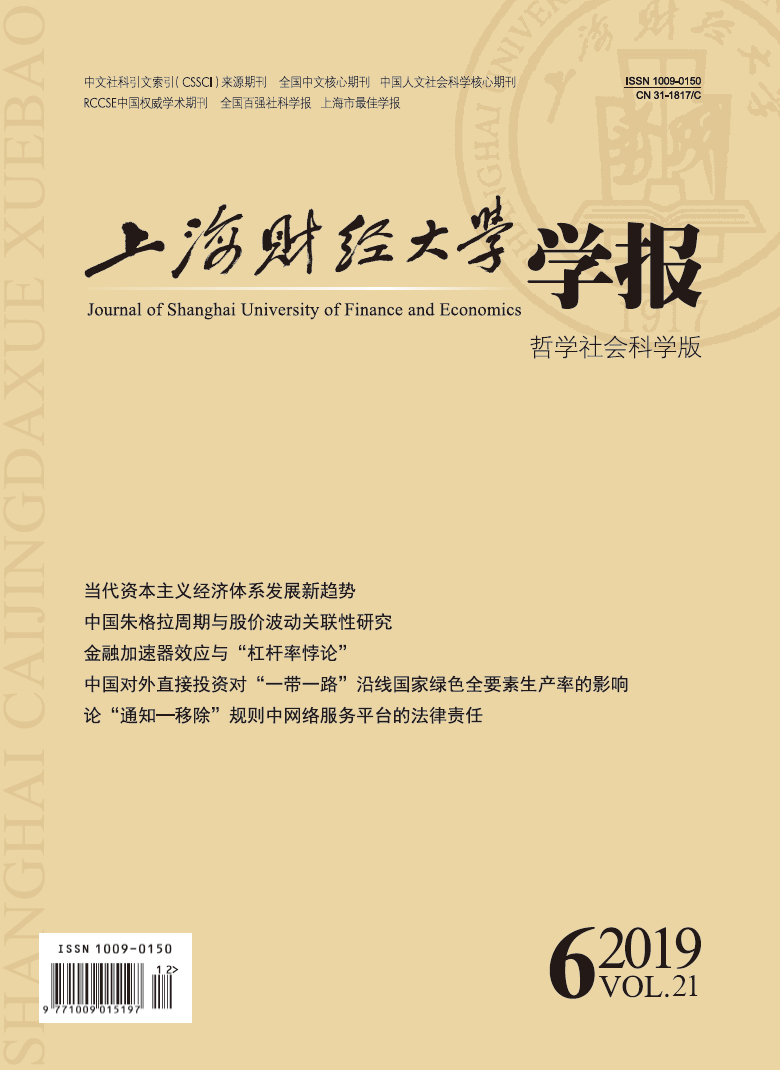Encouraged by the " going out” policy in 2001 and the Belt and Road initiative in 2013, China’s outward foreign direct investment (OFDI) has spurred since the beginning of this century. For example, in 2016, the figure from Statistical Bulletin of China’s OFDI shows that China has become the world second largest OFDI source country after USA, with the outflow of OFDI reaching to 196.15 billion USD. However, with thousands of Chinese firms investing overseas, especially for those OFDI conducted irrationally and blindly, the risk of high leverage resulting from the failure of OFDI not only increase the pressure of repayment of debts, but also might infect national financial institutions, increasing the financial risk of national finance sector. There exists optimal leverage in firms, that is, targeted leverage, and therefore, whether the leverage for a firm is appropriate not only requires the focus of actual leverage, but also excess leverage, which is the deviation of actual leverage from targeted leverage. Extant literature shows that in China, targeted leverage varies with the ownership. Or precisely, state-owned enterprises (SOEs) have higher targeted leverage due to the implicit guarantee. Thus, firms with different ownership vary in excess leverage. Based on the above analyses, this paper examines the relationship between OFDI and excess leverage from the perspective of ownership.
Taking China’s A-share listed firms from 2007 to 2015 as a sample, this paper shows that NSOEs with OFDI are more likely to have excess leverage than SOEs, and the higher the government level of SOEs, the greater the difference of excess leverage. Using OFDI samples, this paper also finds that the difference of excess leverage between NSOEs and SOEs only exists in the target technology seeking of OFDI. Further tests on the economic consequence of OFDI, the nature of property rights and excess leverage show that the excess leverage of NSOEs with OFDI compared with SOEs will reduce the enterprise value; during the period when government departments strengthen the risk supervision events of OFDI, the market reaction of NSOEs with excess leverage is worse than that of SOEs.
This paper extends the research of OFDI’s leverage from the relationship between OFDI and leverage level to the relationship between OFDI and excess leverage, enriches the research in this field, and provides policy enlightenment for the government and financial institutions to assess the leverage risk related to OFDI and strengthen supervision. This paper finds that the excess leverage of NSOEs with OFDI will reduce the value of enterprises. Therefore, the government should pay attention to the excess leverage of NSOEs with OFDI, prevent the decline of enterprise value from causing its debt repayment crisis, and causing the financial risk of financial institutions.





 5482
5482  7279
7279

